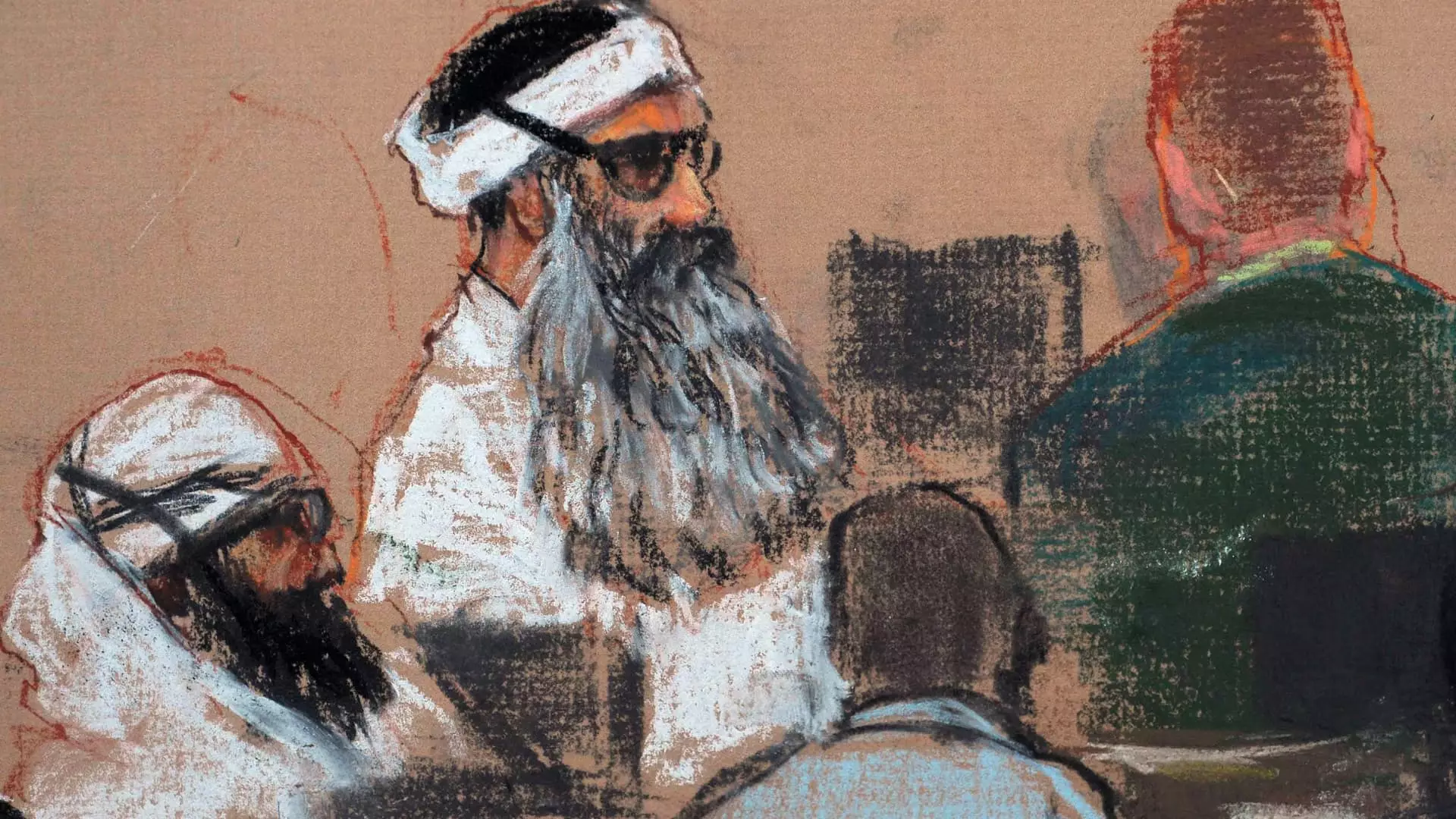The recent decision by Defense Secretary Lloyd Austin to withdraw the plea deal for the three men accused of planning the 9/11 attacks has sparked controversy and debate. In a surprising move, Secretary Austin signed a memo reserving for himself the authority to enter into pre-trial agreements with the accused in the 9/11 military commission cases. This decision effectively removed Susan Escallier, the convening authority for military commissions, from the case. Austin cited the significance of the decision to make a plea deal as the reason for his intervention, asserting that the responsibility for such a decision should ultimately rest with him.
The plea agreements that were initially reached by Khalid Sheikh Mohammed, Walid Muhammad Salih Mubarak Bin ‘Attash, and Mustafa Ahmed Adam al Hawsawi have now been revoked. These agreements would have seen the accused men plead guilty to lesser charges, thereby avoiding the death penalty. However, the terms of the revoked deal remain unknown. The negotiations for the plea deal had involved the accused men, their attorneys, and Escallier. The accused were scheduled to appear at a hearing at Guantánamo Bay in Cuba, but the current status of their cases is unclear.
The withdrawal of the plea deal has been met with criticism from various quarters. Families of the victims of the 9/11 attacks, as well as members of Congress, have voiced their opposition to the decision. The Republican-led House Oversight Committee has announced that it will launch an investigation into the White House’s role in the plea deal. Additionally, Rep. Mike Rogers, chair of the House Armed Services Committee, expressed shock and anger at the news of the plea deal. Even former Attorney General Eric Holder, who served in the Obama administration, criticized the deal, suggesting that political considerations had influenced the outcome.
The decision to withdraw the plea deal raises several concerns and controversies. The role of political influence in shaping legal decisions, particularly in high-profile cases like the 9/11 attacks, has come under scrutiny. The withdrawal of the agreement also underscores the complex nature of military commission cases and the challenges involved in reaching a fair and just resolution. The lack of transparency surrounding the terms of the original plea deal further complicates the situation and leaves questions unanswered.
As the legal proceedings for the accused men continue, it remains to be seen how the withdrawal of the plea deal will impact the trajectory of the cases. The role of Secretary Austin in assuming responsibility for such decisions reflects a shift in the handling of the 9/11 military commission cases. Moving forward, the focus will be on ensuring that justice is served and that the rights of all parties involved are protected. The controversy surrounding the plea deal withdrawal serves as a reminder of the complexities and challenges inherent in seeking justice for one of the most tragic events in recent history.


Leave a Reply